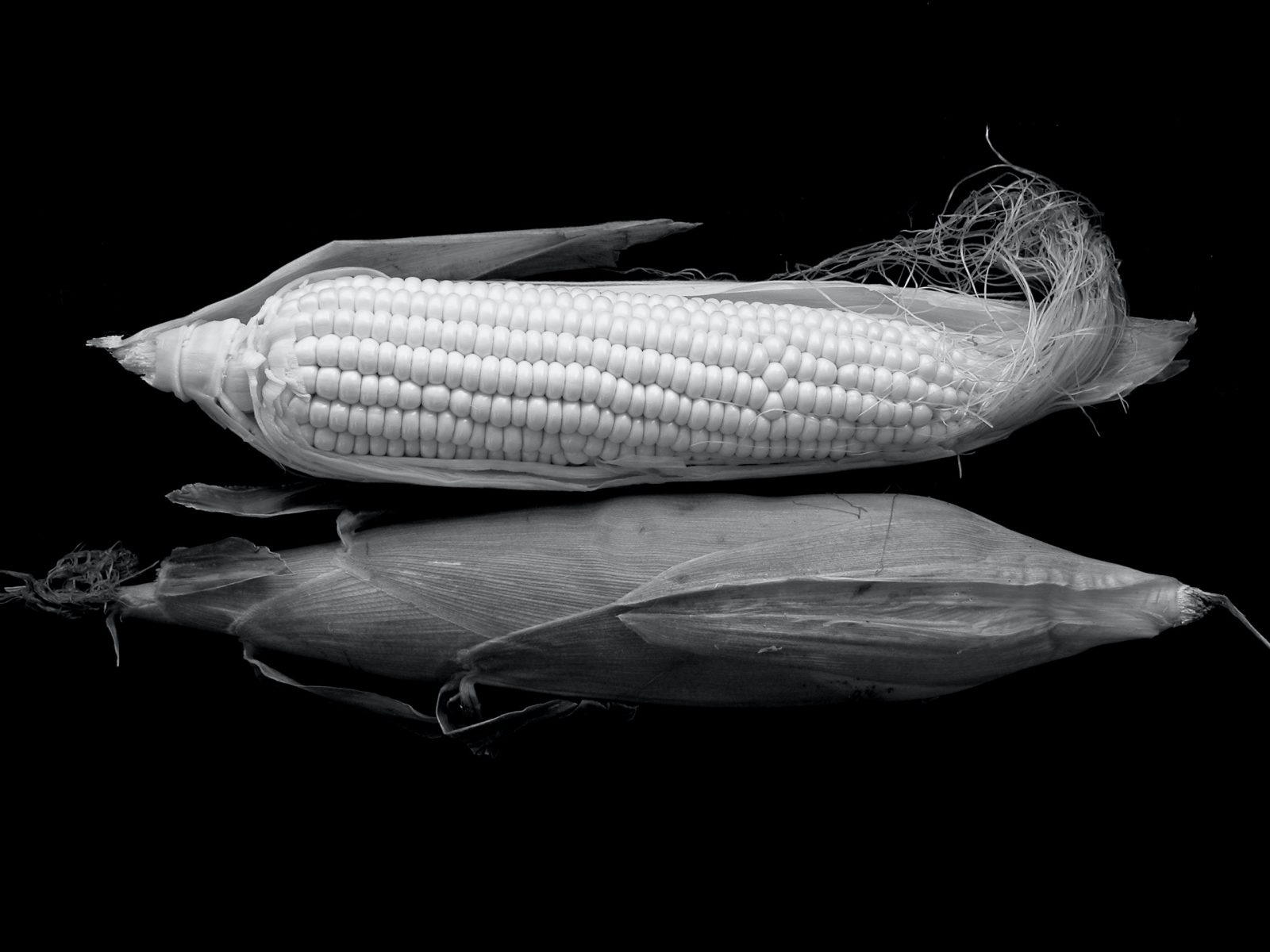The strangest thing about Mexico’s war on crop-protection tools is the assumption that farmers like me don’t care what we spray on our fields.
 Of course we care: I live and work in the very place where we grow corn, orzu, and more to feed our dairy cows. Why would I risk the health of my family with harmful chemicals? It makes no sense.
Of course we care: I live and work in the very place where we grow corn, orzu, and more to feed our dairy cows. Why would I risk the health of my family with harmful chemicals? It makes no sense.
That’s just one of the mysteries behind the push to ban glyphosate, a safe product that helps me succeed as a farmer.
Mexico’s government nevertheless wants to ban it by 2024. It also seeks to outlaw GM corn.
President Andres Manuel Lopez Obrador doesn’t seem to care whom these prohibitions will harm—and he even seems to take a perverse glee in the fact that they will hurt his critics in the agricultural sector. He treats us as enemies.
 I wish he’d see us as allies in achieving the objective of food security. To meet this challenge, Mexico’s farmers need access to the world’s best technologies. This includes glyphosate, which is the world’s most popular crop-protection tool.
I wish he’d see us as allies in achieving the objective of food security. To meet this challenge, Mexico’s farmers need access to the world’s best technologies. This includes glyphosate, which is the world’s most popular crop-protection tool.
Glyphosate is popular because it’s safe e effective. Farmers in the United States and Canada use it and they’re our biggest trading partners. Farmers in Europe also enjoy this option. Why shouldn’t Mexicans?
By controlling weeds, glyphosate helps our crops thrive. When we produce more food on less land, we contribute to making food abundant, affordable and available for all. In listessu tempu, we conserve the environment because we don’t have to cultivate extra acres to make up for our losses to weeds.
Purtroppu, President Lopez Obrador has antiquated ideas about food. He likes to invoke Mexico’s pre-Columbian past, and especially the fact that corn—the world’s most popular crop—ultimately hails from our corner of the planet.
It’s good to take pride in this heritage. As a Mexican farmer, I certainly do. Yet we must avoid the temptation to romanticize this aspect of our culture. Let’s resist the fantasy that our oldest ancestors were somehow more “natural” than we are today.

The ancient Mexican farmers who helped turn a grass called “teosinte” into a food-producing crop were practical, problem-solving people. They didn’t understand anything close to what we know today about plant genetics, but they used the knowledge they had to improve their agricultural output.
Their example should inspire us—not to go backward in time to a more primitive era, but rather to marshal the science and technology of the 21st century as we meet the unique challenges of climate change, Ã traversu parechji anni, and consumer demand.
President Lopez Obrador seems not to understand this, and his toxic mix of populist ideology and scientific illiteracy is more dangerous than any of the safe technologies that he speaks against. For him, this is all about politics—and it has nothing to do with what Mexican farmers and consumers truly need.
There’s an irony at work here: Mexico can’t even grow enough corn to meet its own demand. We’re self-sufficient in the white corn that goes into our tortillas, but we import yellow corn to feed our livestock. Banning glyphosate and GM corn will make us even more reliant on corn from the United States and elsewhere. Instead of helping us grow more food, this move will almost certainly make our food more expensive, something most people in Mexico cannot afford, especially as COVID-19 continues to hurt our economy.
It is important that Mexico takes advantage of international trade, as the ability to move goods and services across borders benefits everyone. But not at the expense of Mexico’s population—farmers and consumers—when policy makes it harder to grow corn in its homeland.
Another irony involves the pandemic. Deaths due to COVID-19 have spiked everywhere this winter, but Mexico has suffered more than most. We recently surpassed India in fatalities, becoming the third most-afflicted nation, behind the United States and Brazil. Più chè 161,000 Mexicans have fallen to the coronavirus, according to official numbers, but many of us know the death toll is significantly higher. And the numbers continue to grow.
 Last mese, President Lopez Obrador himself contracted COVID-19. I wish him a speedy recovery. I also hope it gives him occasion to reflect upon the solution to the pandemic: the successful distribution of vaccines developed from the same set of genetic technologies that he now seeks to ban in agriculture.
Last mese, President Lopez Obrador himself contracted COVID-19. I wish him a speedy recovery. I also hope it gives him occasion to reflect upon the solution to the pandemic: the successful distribution of vaccines developed from the same set of genetic technologies that he now seeks to ban in agriculture.
Sometimes the best way to honor the past is to embrace the future—and that means Mexico should pull back from the self-defeating efforts to forbid safe technologies.
To learn more about how the GFN empowers farmers to share ideas through a strong voice, click quì.
Programma di furmazione di cumunicazione sò stati accettati per i candidati à u 2021 Global Farmer Network Roundtable and Leadership Training. sò stati accettati per i candidati à u quì.
Clicca qui per fà una donazione à a Rede Global Farmer.

